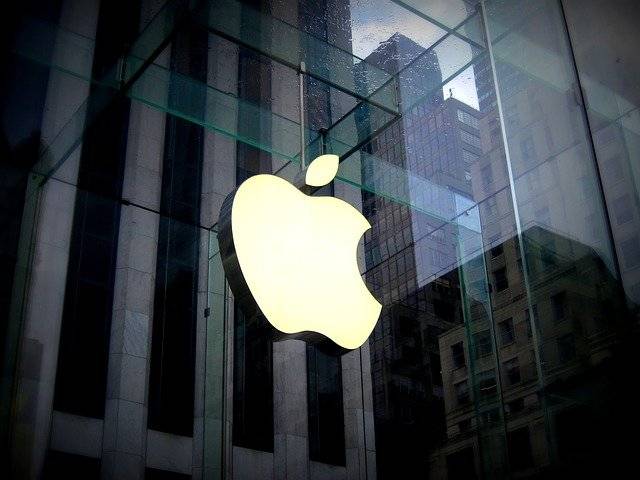In April, 2012, an anti-trust suit was filed against Apple for conspiring with book publishers to fix prices. The publishers agreed to give Apple a thirty percent margin in return for letting them control prices of eBooks on Apple Store. Amazon was at that time offering the eBooks as low as 9.99 dollars, and as a result the price of eBooks went up to 12.99 and 14.99 dollars. This was Apple’s ploy to popularize its IPAD, which was launched in 2010.
The publishers involved in the conspiracy were Hachette Book Group, HarperCollins Publishers, Macmillan Publishers, Penguin Group, and Simon & Schuster. Evidence on record showed that the publishers acted in a concerted manner to withhold their books and increase prices through exclusive dealings. As a result, the price of hard cover and eBooks was increased and consumers had to pay more than the 9.99 dollar price on Amazon store. The District Court of New York (Southern) held Apple liable under Section 1 of Anti-Trust Act. The publishers settled for 166 million dollars, and decided not to proceed with the suit. Apple agreed to pay 450 million dollars if it lost on appeal.
Apple appealed to the Second Circuit, which upheld the District Court’s judgment. Aggrieved, Apple filed a writ before the US Supreme Court, which declined to hear the matter. The rejection upholds Apple’s liability, and Apple is now required to pay 450 million dollars.
Price fixing through concerted action can give rise to adverse affect on competition and CCI in India would have arrived at a similar conclusion. It is interesting to note that the conspiracy involves the top 6 publishers in USA, all of whom have significant presence in India. In a 2012 decision, Springer India, a reputed Science Technical and Medical Journal publisher was let off by the Competition Commission of India due to lack of sufficient, authentic data.
Most publishers in India have stringent one sided contracts with authors, which are devoid of adequate royalty, reporting and accountability provisions. Also, they often use their bargaining position to take much more than what is required for the transaction of publishing. Would authors take the competition law route against publishers? It seems unlikely as of now, but the possibility cannot be ruled out.
References: here
Image Source/Attribution here, image is in the public domain.



